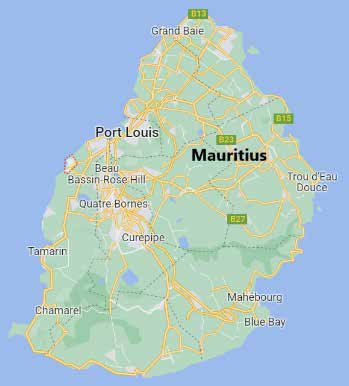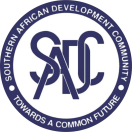PROJECT # 0027 |
Mauritius, Construction of a Petroleum Jetty and Associated Storage Facilities at Albion |
|
| LOCATION AND SIZE | Albion Mauritius, 10 km south of Port Louis Construction of tanks with a total storage capacity of 500,000 metric tons and a jetty of a total length of 600 m with a draft of 20 m |  |
| HOLDER | Mauritius Ports Authority | |
| OTHER COUNTRIES | Maritime trade routes from East and Southern Africa towards Asia and the Pacific Ocean | |
| STATUS | S3A: project structuring | |
| TENTATIVE TENDERING | ||
| AMOUNT | 623 | |
| FINANCING OPTIONS | ||
| PRESENTATION | The project aims at constructing a petroleum jetty and associated storage facilities in Albion, a port located about 10 km south of Port Louis. The project will require the construction of tanks with a total storage capacity of 500,000 metric tons and a jetty of a total length of 600 meters with a draft of 20 meters. The wharf will facilitate the docking of large ships and tankers carrying fuel. The facilities will position Port Louis/Albion as a petroleum hub for the region and as an ideal location to supply bunker to passing vessels. The Indian Ocean is one of the busiest oceans in the world and is bustling with maritime traffic. It is estimated that around 35,000 vessels travel through the Indian Ocean region each year, with less than 10% of ship traffic calling at Port Louis. The port authorities intend to capture an increased share of the increasing ship traffic within the region. Mauritius is strategically located on the east-west route in the Indian Ocean, linking Africa and Asia, as well as on the Pacific Ocean shipping route, reached via the southern route around South Africa. The bunker trade is a major segment that the Government and Mauritius Ports Authority are actively promoting notably through favourable measures. A significant liberalization of the Mauritian bunker market was undertaken in 2014 with government incentives provided through reduction and removal of charges and duties, and an improved process for issuing of licenses and import permits. In 2019, additional measures were announced and included:
|
|
| CONTACT DETAILS | ||

Southern African
Development Community
Towards a common future
Southern African
Development Community
Towards a common future

Official source of info for investing in SADC